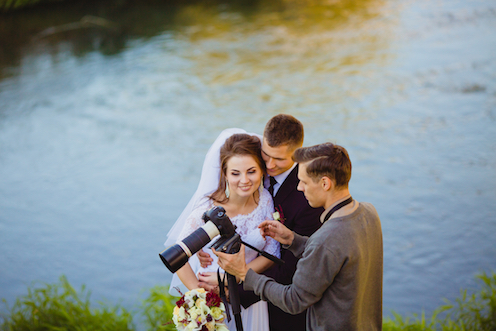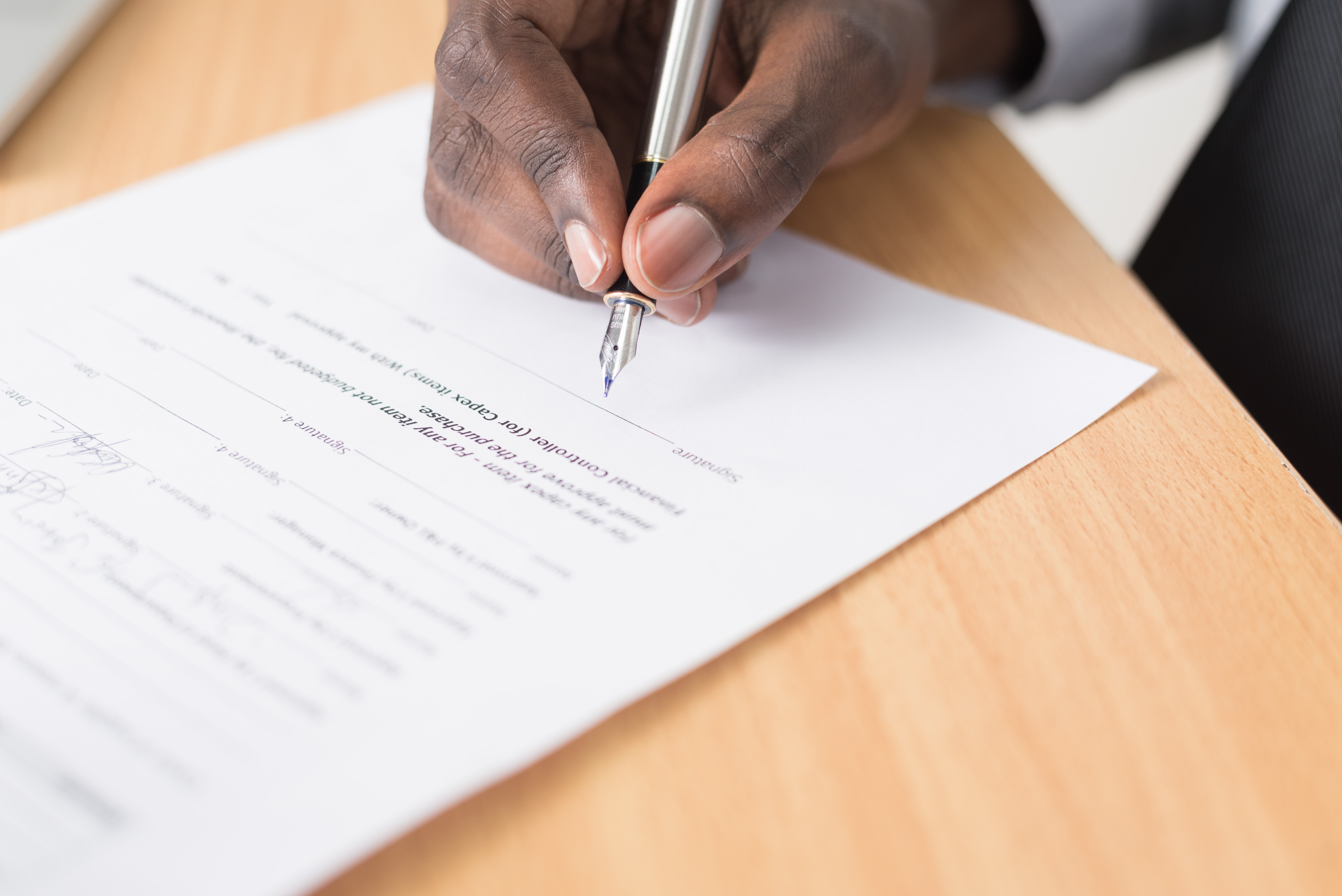
These days, wedding photographers usually grant a licence to print, allowing clients to print and share images personally and on social media.
The wedding season has begun in earnest and it’s vital that wedding photographers are reminded of how copyright law protects them and what rights their clients have. An experienced wedding photographer can earn significant sums of money, but creating great wedding pictures means a higher risk that a third party wants to steal your work.
Copyright is a fundamental issue for almost every business. Copyright law steps in to give automatic legal rights to the copyright owner in relation to the use and publication of their images, and provides remedies when a third party infringes those rights.
For a wedding photographer, your photographs and digital images are amongst your most important assets and they need protecting. So how can you protect your ownership and control of your wedding photography?
What’s the general rule?
If there has been no discussion about copyright issues and it is not covered in any written agreement, the default position is that you own the copyright to the images as soon as you take the photographs. This applies whether they are digital photos taken on a digital camera, images first generated on photographic film, and any digital images created from photographic film. UK copyright on these images lasts for 70 years.
However, do note that if you are employed by a company to take wedding photographs it is important to understand that your employer will be the copyright owner unless you have a written agreement expressly stating you own the images. This article assumes you are working on a freelance or self-employed basis only.
As the photography creator, it is usual for wedding photographers to retain the copyright to the images taken, but they would then give permission to the couple to print wedding pictures to give to their loved ones, or to share and publish the images on social media, etc. This means you are in a stronger position to govern the use and distribution of the images.
How can I govern the client’s use of the wedding pictures?
You can make it clear to your clients at the outset the extent to which you will allow your images to be used. Typically, this is done by including licence terms in any contract. These will stipulate how and where the clients can use the images, and any restrictions you want to impose.
These days, wedding photographers usually grant a licence to print, allowing clients to print and share images personally and on social media. However, such a licence would not allow the images to be used for commercial gain, or for entry into competitions, exhibitions and the like.
After the wedding day, it will be up to you how you display your images to the clients, though it is often done via restricted access to an online gallery. Once you have supplied your clients with their chosen photographs, your clients must take care not to infringe your copyright or any licence you have granted.
You should exercise caution if a client asks you to sell the copyright to them, or wants you to give them exclusive rights, because you will then be unable to use any of the images to advertise or promote your business. And if you do want to use any of the images to promote your own business, though you are legally entitled to do this, you should always consider contacting your clients as matter of courtesy to check they are happy with you doing so.
What remedies are available?
Your photography business depends on protecting your rights in the images you take. This means if your copyright is infringed - whether by your client or a third party using your photographs found online - you should take immediate action to prevent a continuing infringement. Your first step should be to contact the infringer and ask them to take down the image/s.
If this is unsuccessful, you should take urgent legal advice on your next steps to protect your copyright. You may be able to claim damages and, if necessary, an injunction prohibiting the third party from further copyright infringement.
If you would like to contact one of the team visit
www.herrington-carmichael.com
or email info@herrington-carmichael.com





